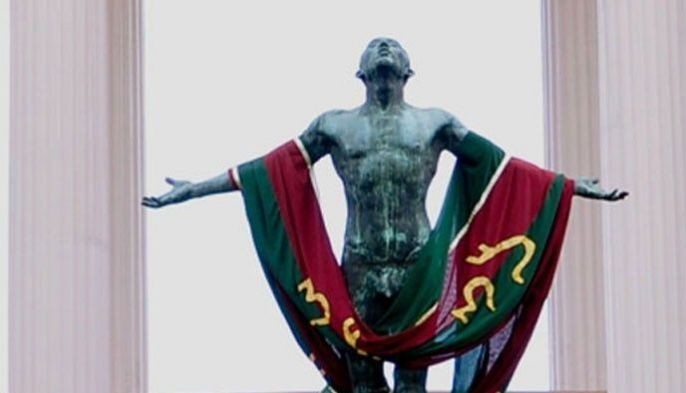SC upholds dismissal of graft charges vs PJI execs
MANILA, Philippines – The Supreme Court (SC) has affirmed the Office of the Ombudsman’s decision to dismiss graft charges against executives of the Philippine Journalists Inc. (PJI) stemming from an alleged behest loan secured from the Development Bank of the Philippines (DBP).
The SC’s Third Division affirmed the orders of then Ombudsman Aniano Desierto dismissing the complaints filed by the Presidential Commission on Good Government (PCGG) against PJI executives Benjamin Romualdez, Rosario Olivares, Alejandro Maramag, Evelyn Nicasio, among others.
The high court also affirmed the dismissal of the graft cases lodged against DBP officials for facilitating the alleged behest loan.
The SC consolidated its decision in affirming the dismissal of the cases that were appealed by the PCGG and the Presidential Ad Hoc Committee on Behest Loans.
The Presidential Ad Hoc Committee on Behest Loans filed a petition urging the SC to set aside the dismissal of the cases made by the Ombudsman in August 1997 and February 1998.
The committee had ruled that several loan accounts that have been referred to them by the PCGG were classified as behest loans.
Among these were the loans of the Coco-Complex Philippines Inc. (CCPI) from the Philippine National Bank and that of the PJI from the DBP.
The PCGG then filed a complaint before the Ombudsman accusing the officials of the two banks and the PJI of graft.
The complaint stemmed from the P9.2-million guaranty loan application of CCPI, a domestic corporation engaged in the manufacture of coconut oil, for the purchase of an oil mill to be supplied by Krupp of Germany.
The loan was approved on Jan. 17, 1968, which according to the committee was approved without sufficient collateral as CCPI did not have sufficient capital, having a paid-up capital of only P2.1 million as of Dec. 31, 1969.
The Ombudsman then dismissed the committee’s complaint, claiming the offense has already prescribed as it was filed on June 23, 1997, or after 15 years.
The committee then appealed the case before the SC on May 18, 1998, arguing the right of the State to recover behest loans does not prescribe under the Constitution.
The SC, however, threw out the petition for “being moot and academic.”
The SC said the Ombudsman did not commit an abuse of discretion in dismissing the graft complaint against the DBP and PJI executives.
“The Ombudsman did not act with grave abuse of discretion when he dismissed the charges against respondents… The Ombudsman, after a meticulous scrutiny of the evidence, found no sufficient ground to engender a well-founded belief that the complained transactions are behest loans and that respondents cannot be held liable under Republic Act 3019,” the SC said.
- Latest
- Trending





























